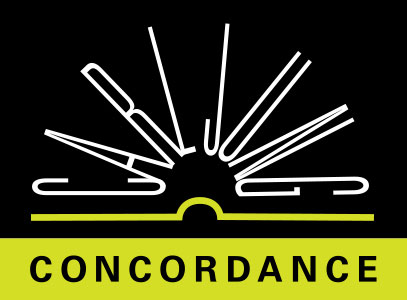In the light of these historical parallels the mandala symbolizes either the divine being hitherto hidden and dormant in the body and now extracted and revivified, or else the vessel or the room in which the transformation of man into a divine being takes place:
I know such formulations are fatally reminiscent of the wildest metaphysical speculations. I am sorry if it sounds crazy, but this is exactly what the human psyche produces and always has produced
CW11 ¶ 166THE DEVIL AS THE MANDALA
DEEP BLUE SEA AS THE NEUROSIS
I would not hesitate for a moment to suppress all speculations about the possible consequences of an experience as abstruse and remote as the mandala, if this were feasible. But for me, unfortunately, this type of experience is neither abstruse nor remote. On the contrary, it is an almost daily occurrence in my profession. I know a fair number of people who have to take their experience seriously if they want to live at all. They can only choose between the devil and the deep blue sea. The devil is the mandala or something equivalent to it and the deep blue sea is their neurosis
CW11 ¶ 167The well-meaning rationalist will point out that I am casting out the devil with Beelzebub and replacing an honest neurosis by the swindle of a religious belief. As to the former charge, I have nothing to say in reply, being no metaphysical expert. But as to the latter one, I beg leave to point out that it is not a question of belief but of experience
CW11 ¶ 167RELIGIOUS EXPERIENCE IS ABSOLUTE
Religious experience is absolute; it cannot be disputed. You can only say that you have never had such an experience, whereupon your opponent will reply: “Sorry, I have.” And there your discussion will come to an end. No matter what the world thinks about religious experience, the one who has it possesses a great treasure, a thing that has become for him a source of life, meaning, and beauty, and that has given a new splendour to the world and to mankind. He has pistis and peace. Where is the criterion by which you could say that such a life is not legitimate, that such an experience is not valid, and that such pistis is mere illusion? Is there, as a matter of fact, any better truth about the ultimate things than the one that helps you to live? That is the reason why I take careful accountreligio!of the symbols produced by the unconscious
CW11 ¶ 167They [symbols] are the one thing that is capable of convincing the critical mind of modern man. And they are convincing for a very old-fashioned reason: They are overwhelming, which is precisely what the Latin word convincere means. The thing that cures a neurosis must be as convincing as the neurosis, and since the latter is only too real, the helpful experience must be equally real. It must be a very real illusion, if you want to put it pessimistically
CW11 ¶ 167DIFFERENCE BETWEEN A REAL ILLUSION
AND A HEALING RELIGIOUS EXPERIENCE
But what is the difference between a real illusion and a healing religious experience? It is merely a difference of words. You can say, for instance, that life is a disease with a very bad prognosis: it lingers on for years, only to end with death; or that normality is a general constitutional defect; or that man is an animal with a fatally overgrown brain. This kind of thinking is the prerogative of habitual grumblers with bad digestions. No one can know what the ultimate things are. We must therefore take them as we experience them. And if such experience helps to make life healthier, more beautiful, more complete and more satisfactory to yourself and to those you love, you may safely say: “This was the grace of God”
CW11 ¶ 167